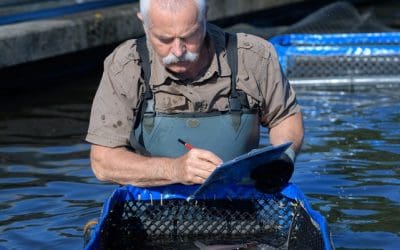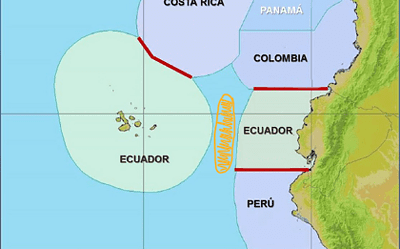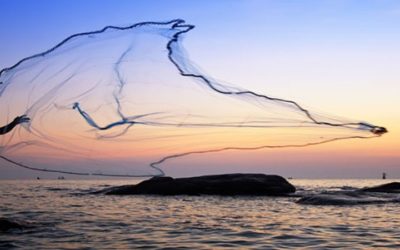Key Considerations when Commencing an Aquaculture Farm in NSW
Aquaculture involves the breeding, growing, keeping and harvesting of fish or marine vegetation with a view to sale for a commercial purpose. It involves a range of developments on both land and water.
Aquaculture Land Use Planning
The State Environmental Planning Policy No. 62 – Sustainable Aquaculture provides the legislative framework for defining areas where aquaculture is a permissive land use. Aquaculture Industry Development Plans prepared by the department under the Fisheries Management Act 1994 also utilize land use planning principles to ensure aquaculture is developed in a sustainable manner promoting industry best practice.
The department has developed a number of documents to assist in the development of the different categories of aquaculture. These categories include:-
1. Land based aquaculture (requiring an aquaculture permit). This involves the culture of a range of species such as prawns and silver perch within hatchery, growout and fishout facilities. The development of this form of aquaculture must be in accordance with the NSW Land Based Sustainable Aquaculture Strategy. The department has also undertaken a land use assessment of sites along the NSW coastline to identify potential locations for land based marine aquaculture development.
2. Estuarine based aquaculture (requiring an aquaculture permit and lease). This is dominated by oyster farming, the oldest and most valuable aquaculture sector in the State. Sydney rock oysters are the main species produced with Pacific, flat and pearl oysters also being cultured. The NSW Oyster Industry Sustainable Aquaculture Strategy secures the long term future of oyster leases, streamlines the approvals process, promotes best practice and also focuses on water quality protection in oyster harvest areas.
3. Marine based aquaculture (requiring an aquaculture permit & permit). This involves the culture of finfish and molluscs utilising infrastructure such as sea cages and shellfish longlines and is an emerging sector in NSW. Planning guidelines for this sector of the industry are currently under development.
Permit to conduct aquaculture
Aquaculture as defined by the Fisheries Management Act 1994 does require a permit. There are different types of permit depending on the type of activity you are doing, covering everything from hatchery, fishout, land and lease based culture. More information on the types of permits and the permit application process can be obtained from the department’s web site or by talking to staff from the Aquaculture unit. If you only wish to produce fish in farm dams for your own consumption, an aquaculture permit is not required.
Aquaculture Legislation
Under the Australian Constitution, state and territory governments have primary responsibility for management of land and waters within a state or territory, and management of inland and coastal waters out to the three nautical mile limit. The Australian Government has the responsibility for management of marine waters between the three and two hundred nautical mile limits. All states or territories have fisheries or aquaculture legislation that regulates aquaculture production.
In New South Wales, aquaculture is regulated under general fisheries legislation covering commercial and recreational fishing, and aquaculture.
Aquaculture production may also be subject to Commonwealth legislation, such as the Environment Protection and Biodiversity Conservation Act (1999) and the Great Barrier Reef Marine Park Act (1975) (the latter affects Queensland only). Other Commonwealth legislation that may be relevant includes the Native Title Act (1993) that may affect the use of public land and waters. Commonwealth quarantine legislation can affect aquaculture operators’ access to new species, broodstock and feed.
Australian Aquaculture Code of Conduct
The Australian Aquaculture Code of Conduct, initiated by the Australian Aquaculture Forum, has been developed with assistance from a number of groups, including the Department of Primary Industries and Resources South Australia (PIRSA). The Code provides principles aimed at maintaining ecological and economic sustainability for the aquaculture industry. The principles which form the basis for the Code are:
• Ecologically sustainable development.
• Economic viability.
• Long term protection of the environment to ensure availability of suitable sites for aquaculture operations.
• Compliance with, and auditing of adherence to, regulations and the Code of Conduct.
• Resource sharing and consideration of other users of the environment.
• Research and development to support the achievement of the above five priorities.



